The 10th National Symposium on Innovation and Entrepreneurship Research and Education was jointly held by ZUFE and China Machine Press in Hangzhou, Zhejiang Province, from August 21 to 23. The symposium attracted more than 300 teachers from over 100 universities, including Sun Yat-sen University, Zhejiang University, Nanjing University, Nankai University, the University of Science and Technology of China, Renmin University of China, Southeast University, the South China University of Technology, Tianjin University, Central South University, University of Electronic Science and Technology of China, Tongji University, Ocean University of China and so on. They attended the symposium either online or offline.
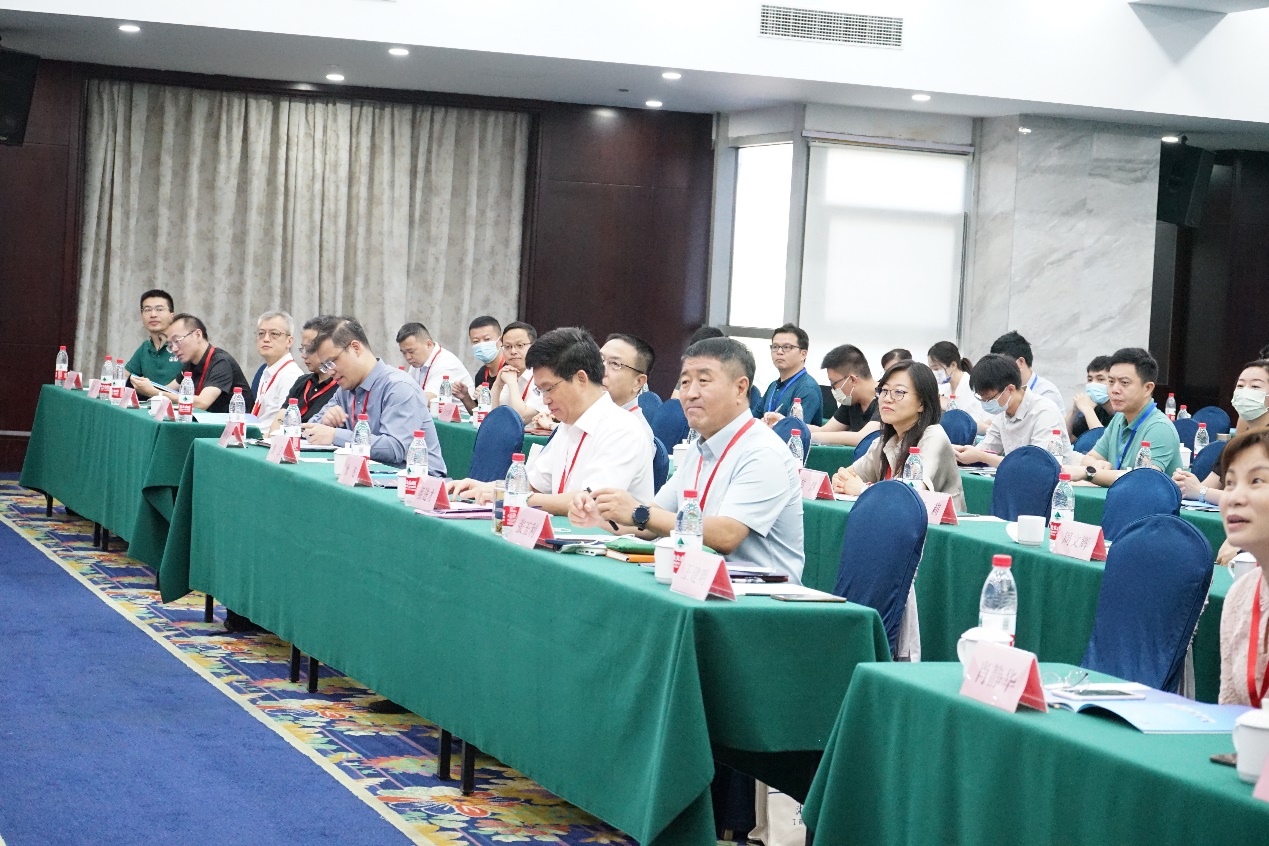
Attending the opening ceremony were Xu Fei, Vice Chairman of the Innovation and Entrepreneurship Teaching Advisory Board under the Ministry Education, President of the Branch of Innovative and Entrepreneurship Education of China Association of Higher Education and the Executive Vice President of Shanghai University of Finance and Economics; Dong Jincai, Vice President of ZUFE; Zhang Yuli, Director of Innovation and Entrepreneurship Collaborative Promotion Center of the National Steering Committee for Graduate Education in Business Administration and Dean of College of Innovation and Entrepreneurship of Nankai University; Wei Jiang, Dean of School Management, Zhejiang University (ZJU) and Vice President of School of Innovation and Entrepreneurship, ZJU; and Wu Yajun, Chief Editor of Economics and Management Textbook of Hua Zhang Sub-branch Press of China Machine Press.
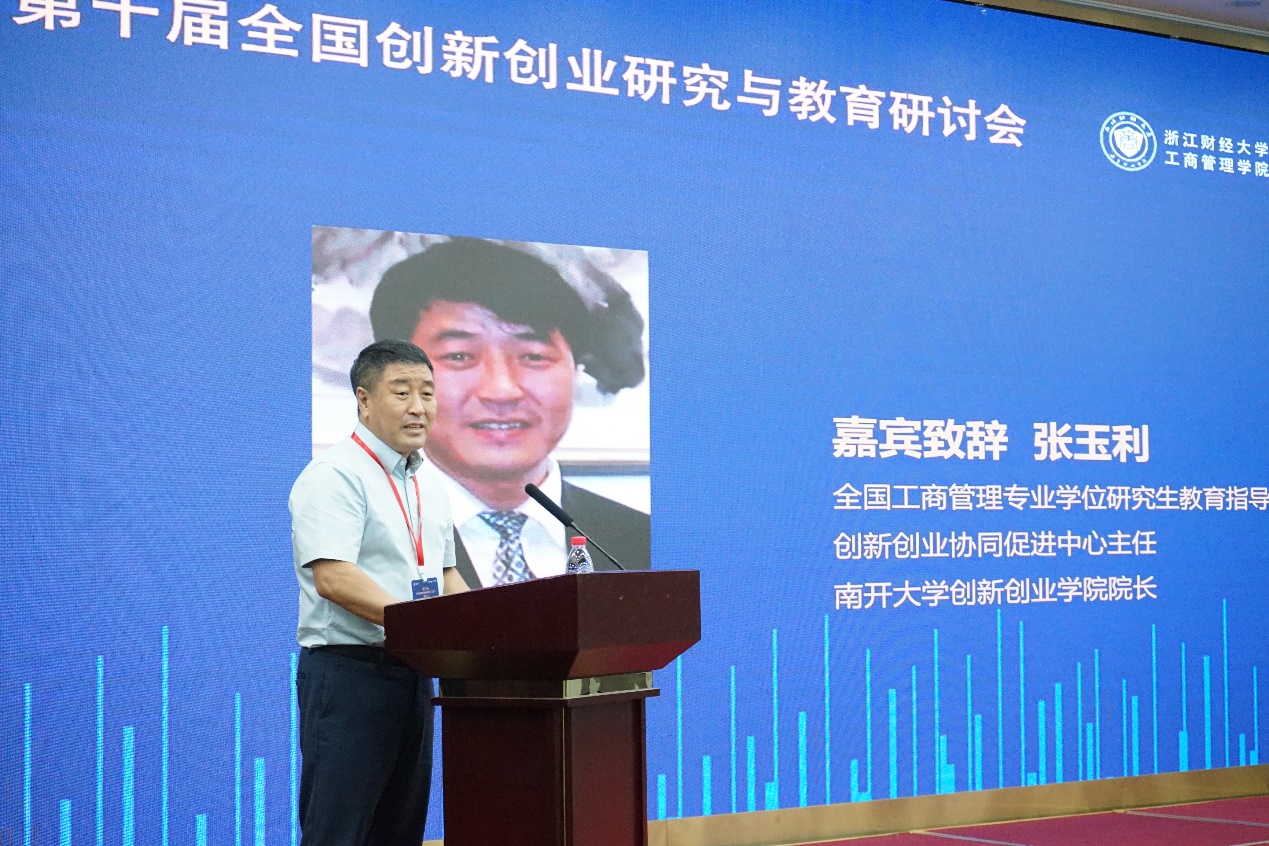
Zhang Yuli said in his address that this symposium focused on innovation and entrepreneurship research and aimed at developing a series of innovation and entrepreneurship education courses. More than 60 experts and scholars in the field of innovation and entrepreneurship management across China participated in the symposium online or offline, and they shared the latest theoretical and teaching research achievements with each other. He hoped that the symposium could make contributions to China’s innovation and entrepreneurship research and education. Zhang also wished the meeting a great success at the end of his speech.
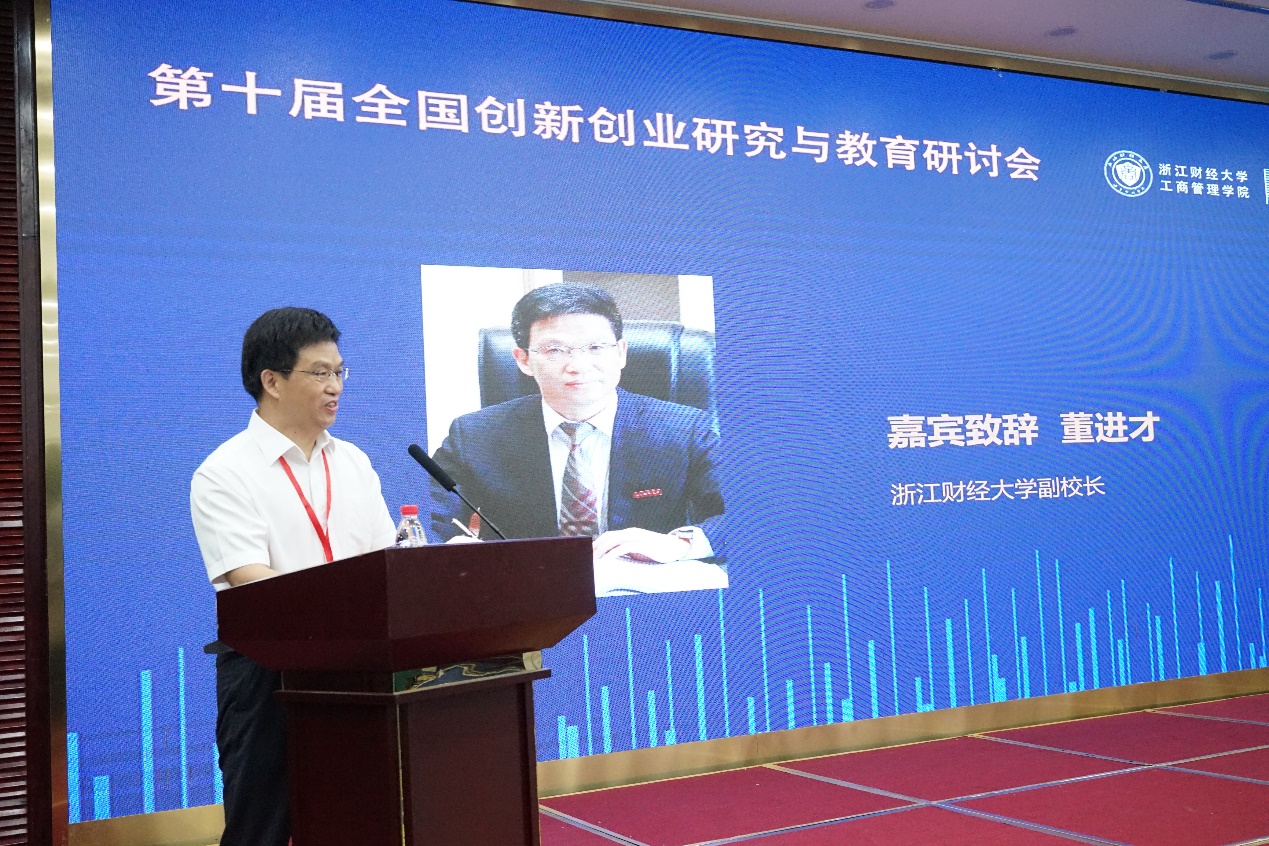
On behalf of ZUFE, Dong Jincai expressed his congratulation on the symposium. He gave a brief introduction to ZUFE and its first-level discipline of business administration. He said that colleges and universities are charged with the significant mission of cultivating innovative talents with political integrity and professional competence. He also believed that mass entrepreneurship and innovation education was the key to developing quality education in the new era. Dong hoped that the symposium could promote the national innovation-driven development strategy and propose new ideas, measures and research directions for innovation and entrepreneurship education in colleges and universities.
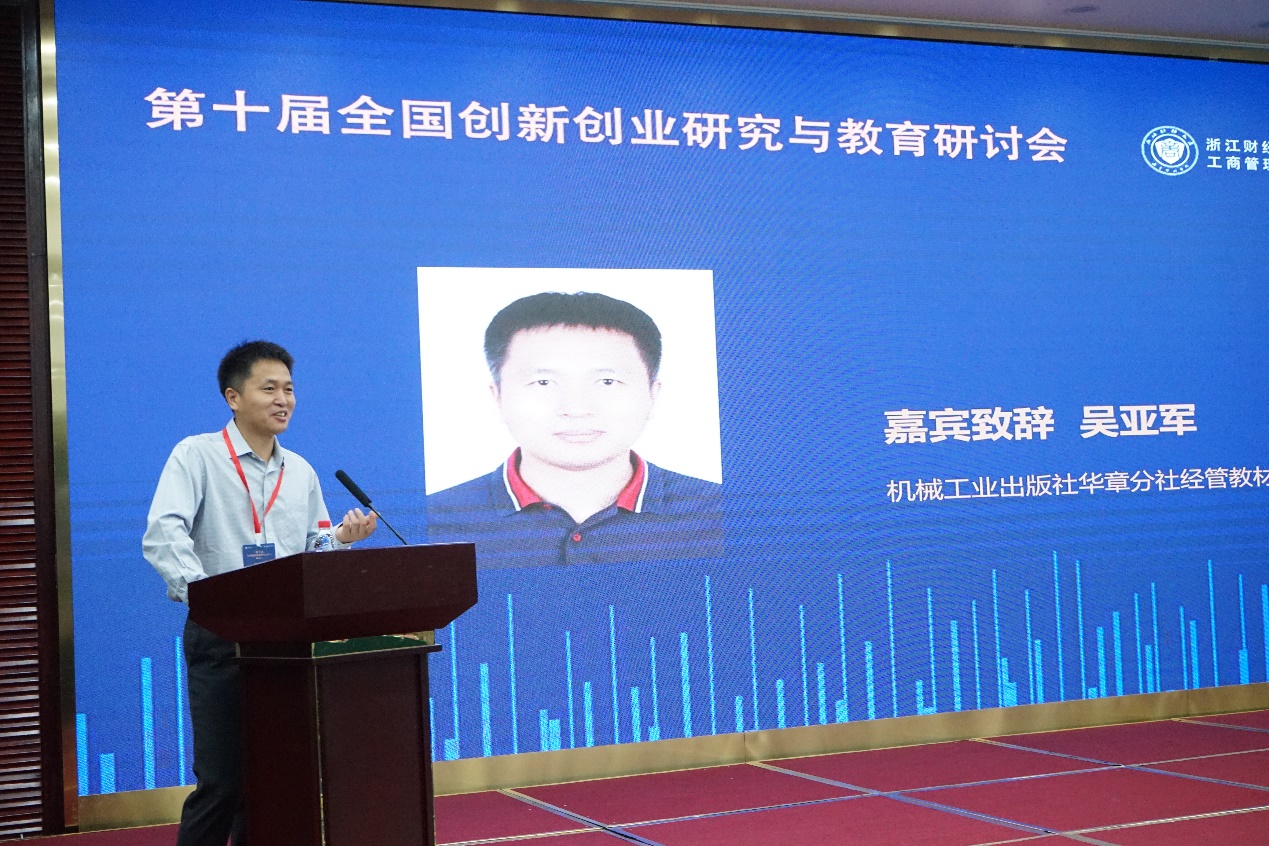
Wu Yajun, in his address, reviewed every previous symposium. He felt pleased that the 10th Symposium could be held in Hangzhou again, and also expressed his sincere gratefulness to all those who have extended their continuous attention and support to the Symposium.
The keynote reports were presided over by Professor Wang Jianming and Professor Dai Weiqi from the School of Business Administration of ZUFE.
Professor Xu Fei delivered a keynote speech entitled "Innovation and Entrepreneurship". He emphasized the significance of innovation and entrepreneurship education for individuals, nations, and even countries around the following three core topics-"innovation," "entrepreneurship," and "innovation and entrepreneurship education." He pointed out that we should continue developing our innovation and entrepreneurship course. Professor Wei Jiang delivered a keynote speech entitled "Digital Innovation and Its Strategy". He said that the nature of corporate strategy had not changed with the advent of the digital era. What’s more, with the widespread use of digital technology, factors of production, forms of industrial organization, and production relations had undergone major changes, leading to transformation in strategic patterns. Professor Xiao Jinghua from the School of Business, Sun Yat-sen University, Vice Secretary-General of China Information Economics Society and Director of the Professional Committee of China Digital Economic Innovation Alliance delivered a keynote speech entitled “Co-Research and Co-Innovation with Enterprises to Explore Theories Based on Chinese Practice". He explained how researchers could establish long-term cooperation with entrepreneurs and managers, thus creating valuable research achievements from the following three aspects: the foundation, mechanism, and means of co-research and co-innovation. Professor Zhang Yuli and Dr. Liu Yiran released the "Survey Report on Teachers of Innovation and Entrepreneurship Education among National Universities” (the Report) which analyzed the faculty team of innovation and entrepreneurship courses from the aspects of the knowledge system, their teaching methods, and the teaching stage. All these together presented a real picture of innovation and entrepreneurship teachers in China.
Professor Yang Jun from ZJU delivered a keynote speech entitled "New Trends and Challenges in Entrepreneurship Researches", emphasizing that entrepreneurship research should re-focus on scientific studies. Lin Chuanke, the founder of Gao Wei Academy, brought a practical report on scientific entrepreneurship to this symposium. He introduced how Gao Wei Academy took verified entrepreneurship as its paradigm and how it played the role of an attentive assistant in serving entrepreneurs using scientific, entrepreneurship thinking methods. Li Yongwei, Chief Engineer of the Economic and Information Technology Department of Zhejiang, introduced the idea of "Industrial Brain + Future Factory" in Zhejiang Province. And he shared how to promote the development of an advanced manufacturing industry through the construction of "Industrial Brain" and "Future Factory". Professor Li Dayuan from Central South University gave a presentation entitled "Artificial Intelligence and Innovation and Entrepreneurship", which sorted out the theories, themes, methods, and contexts of AI innovation and entrepreneurship research and proposed future research directions. Professor Yu Xiaoyu from Shanghai University delivered a keynote speech entitled "Entrepreneurship Failure Management in the Digital Era". He believed that digital technology had brought many changes to innovation and entrepreneurship in terms of opportunities, resources, teams, values, management, growth, failure, and happiness.
The parallel forums of this symposium covered various aspects such as innovation-driven entrepreneurship research of large enterprises, digital innovation and entrepreneurship, innovation and entrepreneurship mechanism research, trainee selection and entrepreneurship class operation, and curriculum development and presentation, including courses in entrepreneurship thinking, innovation management and new product development, business model innovation, business plan preparation, presentation, and design, and innovation entrepreneurship competitions. The participants had in-depth exchanges and discussions on the above innovation and entrepreneurship research and education topics.
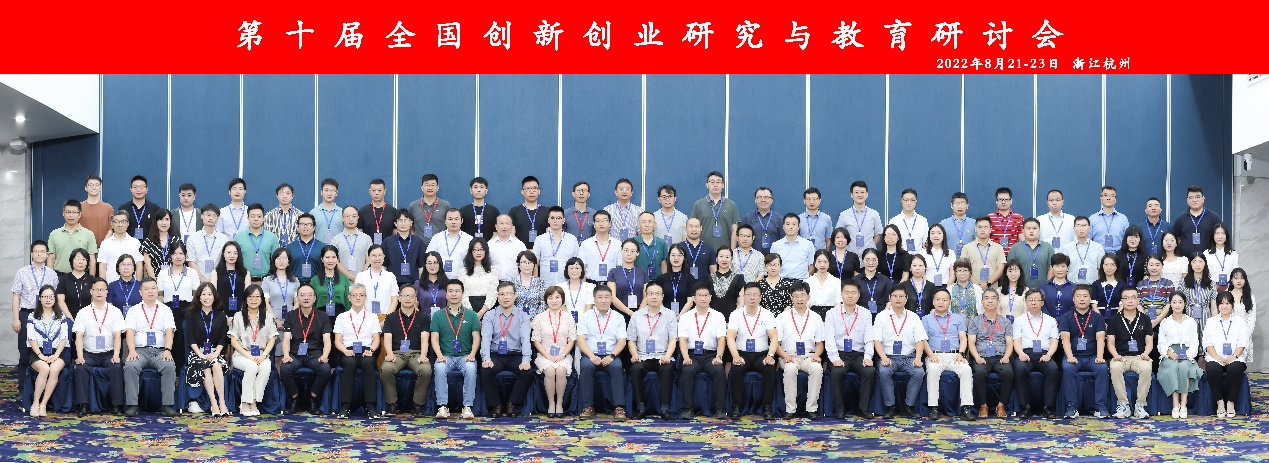
This fruitful symposium will play a positive role in aligning innovation and entrepreneurship research, practice, and education, creating innovation and entrepreneurship model courses and textbooks, improving innovation and entrepreneurship teachers’ competence, and promoting the quality of talent cultivation in colleges and universities.
